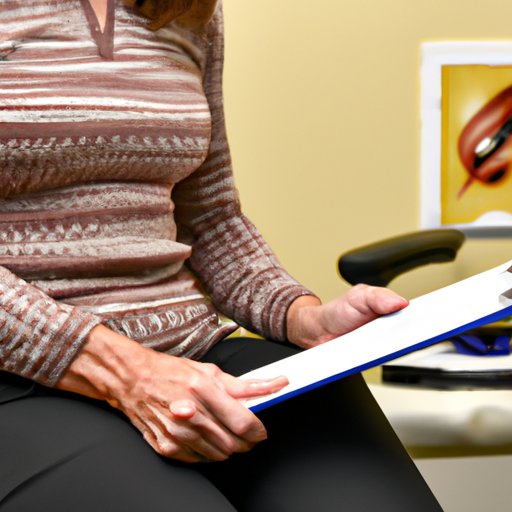
Introduction
Hemorrhoids are a common condition that affects millions of people worldwide. It occurs when the veins in the rectum and anus become swollen and inflamed. Although Hemorrhoids can be painful and uncomfortable, it’s essential to recognize and manage it early to prevent complications.
In this article, we’ll explore the symptoms, causes, and treatment options available for Hemorrhoids. We’ll also share some preventive measures and home remedies that can help alleviate the symptoms.
Symptoms to Look Out For
The symptoms of Hemorrhoids can vary from person to person, but some of the most common signs to look out for include:
- Pain and discomfort around the anus
- Itching and irritation
- Bleeding during bowel movements
- Prolapsed Hemorrhoids
- Anal discharge
Preventative Measures
There are several steps you can take to prevent Hemorrhoids from developing or worsening. These include:
- Maintaining a healthy diet and avoiding constipation by consuming adequate fiber and staying hydrated
- Practicing good hygiene by cleaning the anal area with mild soap and water and avoiding excessive wiping
- Regular exercise and physical activity to promote proper bowel movement and circulation
- Avoiding prolonged sitting or standing, especially on hard surfaces
Causes of Hemorrhoids
Hemorrhoids can be caused by several factors, some of which include:
- Constipation and straining during bowel movements
- Pregnancy and hormonal changes
- Obesity and lack of exercise
- Aging and weakened rectal tissues
Treatment Options
The treatment for Hemorrhoids depends on the severity of the condition. Mild cases may be treated with over-the-counter medications and creams, while more severe cases may require prescription medications and ointments. For internal Hemorrhoids, non-surgical procedures such as rubber band ligation and sclerotherapy can be effective. In some cases, surgical intervention may be required to remove Hemorrhoids.
Home Remedies
In addition to medical treatment, certain home remedies can help alleviate the symptoms of Hemorrhoids. These include:
- Sitz baths and warm compresses using warm water for 10-20 minutes several times a day
- Aloe Vera and Witch hazel for soothing effects
- Dietary changes to improve digestion and bowel movements, such as consuming more fiber-rich foods and drinking plenty of fluids
When to See a Doctor
If you experience persistent symptoms of Hemorrhoids for more than a few days, such as bleeding that doesn’t stop, new or unusual symptoms, or severe pain or discomfort, it’s crucial to seek medical attention immediately. Your doctor may recommend additional treatment or order further testing to rule out other conditions.
Conclusion
Overall, Hemorrhoids can be an uncomfortable and painful condition, but with proper management and early detection, it can be effectively treated with either medical or home remedies. A healthy lifestyle and good hygiene can go a long way in preventing the occurrence of Hemorrhoids, and seeking immediate medical attention can prevent further complications.
By empowering yourself with knowledge about Hemorrhoids and its management, you can take control of your health and well-being.




